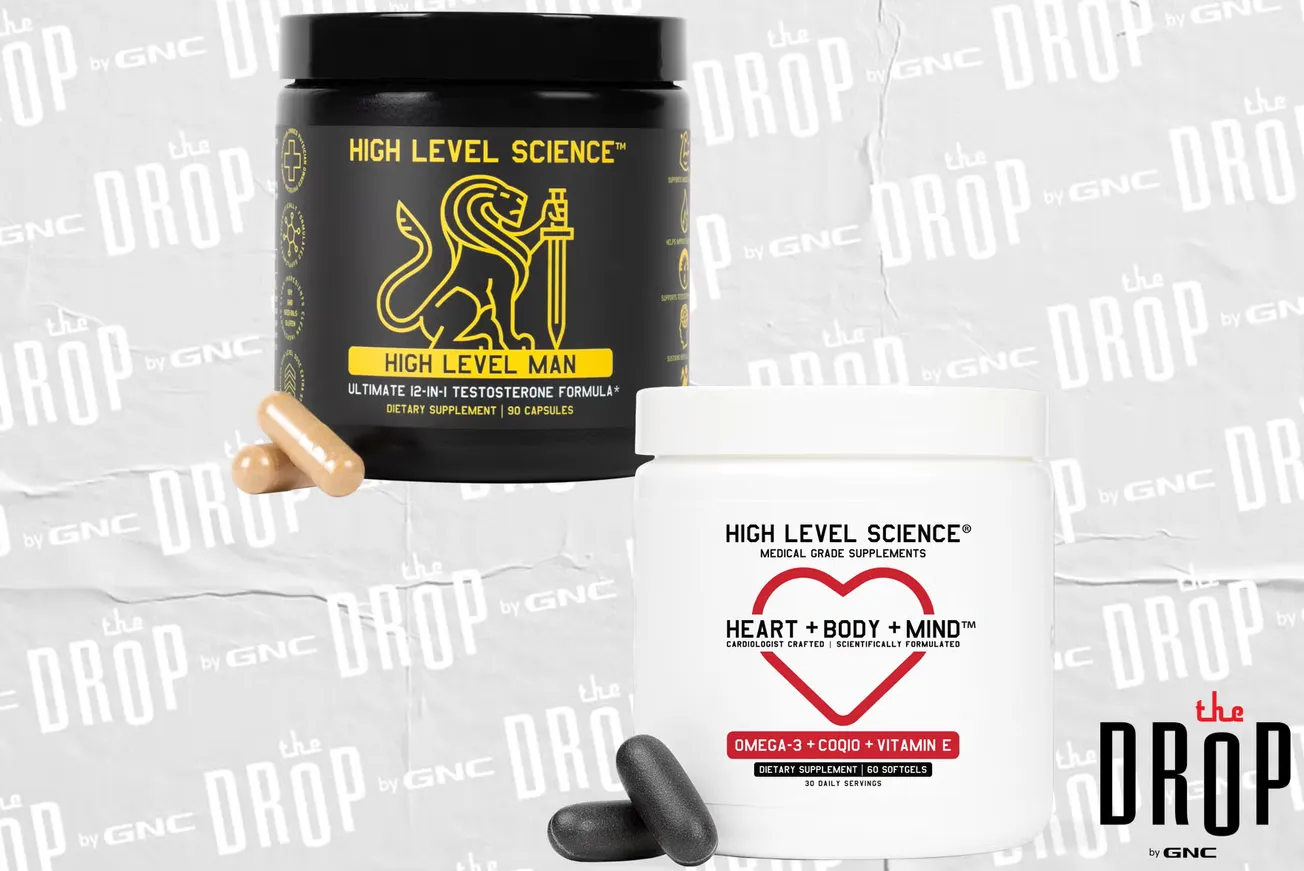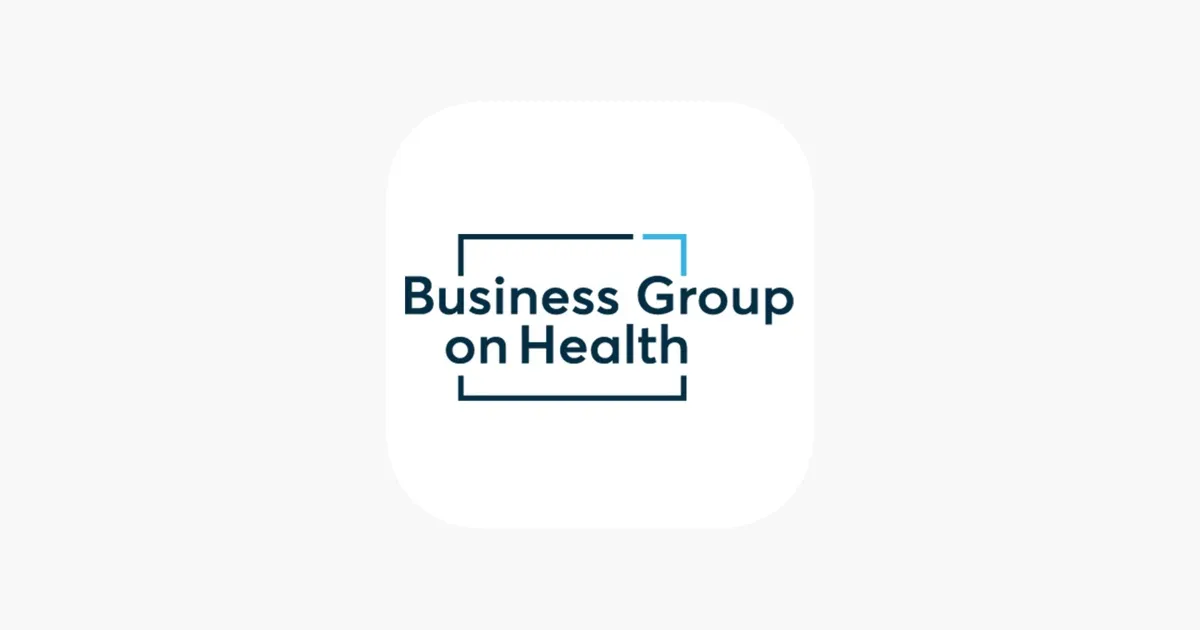In the second of a two-part series, leaders of industry associations present their expectations for pharmacy operators for this year.

Scott Melville
The year 2023 marked another significant milestone for consumer health care with the continued growth of self-care driving the demand for safe and beneficial over-the-counter medicines, dietary supplements and consumer medical devices. Americans are prioritizing self-care more than ever, and CHPA’s member companies are delivering personal health care options that allow consumers to increasingly take their health into their own hands. The future of consumer health care hinges on continued innovation and evolution to maintain and expand consumer access and choice. And retailers — and regulators — play a pivotal role.
A stronger self-care landscape
Last year, as the United States continued emerging from the COVID-19 pandemic, self-care took on renewed significance. Beginning in October, American families who were still battling COVID-19 were also hit by a surge in cases of influenza and respiratory syncytial virus (RSV) — known as the “tripledemic” — which created historic demand for self-care products and ultimately impacted the supply in certain regions. But manufacturers and retailers met the challenge, working around the clock, and the pharmaceutical supply chain proved remarkably resilient. Throughout the year, consumers continued to turn to readily available and trusted O-T-C remedies — for cough, cold, congestion, fever, pain, allergies, sleep, and so much more — as their first line of defense.
It was also a positive year for first-in-class prescription-to-O-T-C switches, with Food and Drug Administration approval of the first life-saving O-T-C naloxone spray, Narcan, and the first O-T-C oral contraceptive, Opill. All of this underscores the importance of proactive health management. Consumers are becoming more health conscious, leading to increased interest in preventive measures and self-care products, and showcasing the growing relevance of our industry and the important role of O-T-Cs in public health.
We are awaiting FDA’s final rule on Nonprescription Drug Products with an Additional Condition for Nonprescription Use (ACNU), potentially creating what has been referred to as an “O-T-C-plus” category, allowing even more switches using innovative tech-enabled approaches that go beyond the product label. CHPA and stakeholders provided extensive comments to the FDA’s proposed rule, and we look forward to a final rule soon.
Consumers are taking a holistic approach to well-being, including dietary supplements, for which the evidence base is growing. For example, in 2023 the COSMOS-Web trial showed that daily multivitamins helped to slow memory loss in older adults, and other new research showed the many health benefits of probiotics. This trend spurred the continued growth in demand for vitamins, minerals and other supplements reflecting a continued shift toward a more proactive and comprehensive approach to health.
That’s one reason why we have turned up the heat on our efforts to expand eligibility of dietary supplements in Flexible Spending Accounts (FSAs) and Health Savings Accounts (HSAs). We supported the introduction of bipartisan legislation in the House of Representatives — the Dietary Supplement Access Act (H.R. 4794) — and we soon expect similar legislation for oral care products to be introduced. Now we’re building more stakeholder and lawmaker support for these policy initiatives as important new health care benefits for the millions of consumers who participate in tax-preferred FSA or HSA programs.
It’s also why CHPA continues to advocate for the modernization of supplement regulations. The Dietary Supplement Health and Education Act (DSHEA) will be 30 years old in 2024. The supplement industry has grown immensely over that time, from a $4 billion industry to a more than $50 billion industry, but regulation has not kept pace with growth. Time has come for a more comprehensive approach to modernizing DSHEA, and CHPA is committed to working with Congress, the FDA, and other industry stakeholders to seek statutory and regulatory updates that will further promote consumer safety and enhance public health.
At the same time, consumer medical devices, such as self-tests and diagnostics, are becoming increasingly available, sophisticated and user friendly. At-home COVID-19 test kits have become more reliable and routine, and recent news of other at-home self-testing tools for conditions including sexually transmitted infections are additional examples of this expansion. These innovations empower individuals to take charge of their health by tracking vital signs, managing chronic conditions, testing for deadly and dangerous infections, and making more-informed decisions.
For the second year, CHPA is collaborating with the Consumer Technology Association (CTA) at the world’s largest consumer tech show — CES, the Consumer Electronics Show — to host a multi-day program focused on digital health and featuring thought leaders and innovators in the digital health sector. CHPA and many of its member companies will be in attendance to learn about emerging technologies and how digital products can improve self-care, facilitate more prescription-to-O-T-C switches, and enable better consumer accessibility.
Challenges on the horizon
Despite a year of advances, the consumer health care industry is also facing regulatory headwinds that demand our immediate attention and strategic solutions. FDA’s recent reevaluation of the O-T-C oral decongestant phenylephrine (PE) — which has twice previously been determined by FDA to be safe and effective — is a warning sign that we cannot ignore. With a long history of safety and efficacy for adults and children seeking mild-to-moderate short-term relief from congestion, PE has been a reliable staple in many of the cough and cold products that consumers purchase, repurchase, use and reuse. Manufacturers and stakeholders are closely monitoring these regulatory developments, as decisions could have far-reaching implications for the industry’s future.
Sustainability also remains a prominent concern, with increasing attention on the environmental impact of consumer health care products. As society becomes more eco-conscious, industry is facing mounting pressure to adopt sustainable practices. Statewide efforts to enact extended producer responsibility (EPR) initiatives gained traction with calls for manufacturers to take greater responsibility for the life cycle of their products, including packaging, disposal and recycling. Retailers and chain drug stores will play a crucial role in addressing sustainability concerns within the industry. They can influence the adoption of eco-friendly practices, reduce waste and implement responsible sourcing practices. Along with similar initiatives from manufacturers, we can show states that the consumer health care industry can be proactive and that statutory “fixes” are not needed.
Looking down the road
Self-care is the most cost effective type of health care, and it will remain so in 2024 and beyond. Consumers and the entire U.S. health care system benefit when people can access the resources to self-diagnose, self-treat and proactively take responsibility for their overall health and well-being. The future of consumer health care hinges on several key factors, including innovation, access, choice, and the evolving role of retailers and chain drug stores. The convenience of purchasing O-T-C medicines, dietary supplements and consumer medical devices plays a pivotal role. The essential contributions of the retail community, including accessibility, personalized guidance and commitment to holistic wellness, are reshaping the way consumers approach self-care. Together, the entire consumer health care industry is poised to play an even more critical role in the future, driving the self-care movement forward and ensuring that consumers have safe, effective, and trusted tools and support to lead healthier lives.
Scott Melville is president and CEO of the Consumer Healthcare Products Association.









